Writes Shahzad Hussain Hamdani
Mohammed Yasser Abdel Rahman Abdel Raouf Arafat al-Qudwa al-Husseini, popularly known as Yasser was born in Cairo to Palestinian parents. His father, Abdel Raouf al-Qudwa al-Husseini, was a Palestinian from Gaza, whose mother, Yasser’s paternal grandmother, was Egyptian. Arafat was the second-youngest of seven chil¬dren and was, along with his younger brother Fathi, the only offspring born in Cairo. His mother, Zahwa Abul Saud, was from a Jerusalem family. Arafat’s first visit to Jerusalem came when his father, unable to raise seven children alone, sent him and his brother Fathi to their mother’s family in the Moroccan Quarter of the Old City. They lived there with their uncle Salim Abul Saud for four years. In 1937, their father recalled them to be taken care of by their older sister, Inam. Arafat had a dete¬riorating relationship with his father; when he died in 1952, Arafat did not attend the fu¬neral, nor did he visit his father’s grave upon his return to Gaza. Arafat’s sister Inam that Arafat was heavily beaten by his father for go¬ing to the Jewish quarter in Cairo and attending religious services. When she asked Arafat why he would not stop going, he responded by saying that he wanted to study Jewish mentality. In 1944, Arafat enrolled in the University of King Fuad I and graduated in 1950. During the 1948 Arab–Israeli War, Arafat left the University and, along with other Arabs, sought to enter Palestine to join Arab forces fighting against Israeli troops. However, instead of joining the ranks of the Palestinian fidayeen, Arafat fought alongside the Muslim Brotherhood, although he did not join the organiza¬tion. After the war winded in favour of Israel and finding lack of support, he returned to the University, and studied civil engineering and also during that time he served as president of the General Union of Palestinian Students (GUPS) from 1952 to 1956.
In 1962, Arafat and his closest companions migrated to Syria a country sharing a border with Israel which had recently seceded from its ephemeral union with Nasser’s Egypt. Fatah had approximately three hundred members by this time, but none were fighters. In Syria, however, he managed to recruit members by offering them higher incomes to enable his armed attacks against Israel. Fatah’s manpower was incremented further after Arafat decided to offer new recruits much higher salaries than members of the Palestine Liberation Army (PLA), the regular military force of the Palestine Liberation Organization (PLO), which was created by the Arab League in the summer of 1964. On 31 December of that same year, a squad from al-Assifa, Fatah’s original armed wing, at¬tempted to infiltrate Israel, but they were intercepted and detained by Lebanese security forces. Several other raids with Fatah’s poorly trained and badly equipped fighters followed this incident. Some were successful, others failed in their missions. Arafat often led these incursions personally.
Arafat and his top aide Abu Jihad were detained in Syria when a pro-Syrian Palestinian leader, Yusef Urabi was murdered. Hours before he was killed, Arafat was discussing with him ways to unite their factions and to request Orabi’s support for Arafat against his rivals within the Fatah leadership. Shortly after Arafat left the meeting, Orabi was thrown out the window of a three-story building and Syrian police loyal to Hafez al-Assad (Assad and Orabi were “close friends”) suspected Arafat was involved in the incident. Assad appointed a panel, which found Arafat and Abu Jihad guilty of the murder. Nonetheless, both were pardoned by Syrian President Salah Jadid. The incident, however, brought Assad and Arafat to unpleasant terms, which would surface later when Assad became Presi¬dent of Syria.
Arafat remained a highly controversial figure whose legacy has been widely disputed. He was “revered by many Arabs,” and the majority of the Palestinian people, regard¬less of political ideology or faction, viewed him as a freedom fighter who symbolized their national aspirations. However he was “reviled by many Israelis” who viewed him as a terrorist. Even Israel attempted to assassinate Arafat on a number of occasions, but never used its own agents, preferring instead to “turn” Palestinians close to the intended target, usually using blackmail. According to Abu Iyad, two attempts were made on Arafat’s life by the Israeli Mosaad and the Military Directorate in 1970. In 1976, Abu Sa’ed, a Palestinian traitor-agent who had been working for the Mossad for four years, was enlisted in a plot to put poison pellets that looked like grains of rice in Arafat’s food. Abu Iyad explained that Abu Sa’ed confessed after he received the order to go ahead, explaining that he was unable to go through with the plot because, “He was first of all a Palestinian and his conscience wouldn’t let him do it.” Arafat claimed in a 1988 interview with Time that because of his fear of assassination by the Israelis, he never slept in the same place two nights in a row.
Later in his career, Arafat engaged in a series of negotiations with the government of Israel to end the decades-long conflict between it and the PLO. These included the Madrid Conference of 1991, the 1993 Oslo Accords and the 2000 Camp David Summit. His political rivals, including Islamists and several PLO leftists, often denounced him for being corrupt or too submissive in his concessions to the Israeli government. In 1994, Arafat received the Nobel Peace Prize, together with Yitzhak Rabin and Shimon Peres, for the negotiations at Oslo. During this time, Hamas and other militant organizations rose to power and shook the foundations of the authority that Fatah under Arafat had established in the Palestinian territories.
In late 2004, after effectively being confined within his Ramallah compound for over two years by the Israeli army, Arafat became ill, fell into a coma and died on 11 November 2004 at the age of 75. While the exact cause of his death remains unknown and no autopsy was performed, his doctors spoke of idiopathic thrombocytopenic purpura and cirrhosis.
At the time of his death, the then UN Secretary General Kofi Annan said, “At dawn, we lost President Yasser Arafat, who we knew as a defender of justice, as a man who strove towards peace, and resisted occupation, and as a man who looked for international legitimacy.
History will judge him as a brave man who defended his people and I have total confidence in the people succeeding him in power.”
After more than Eight years of his death, Arafat’s family were never convinced that he had died of natural causes, and, citing new evidence uncovered in an Al-Jazeera TV documentary, Arafat’s widow, Suha, and his daughter Zawra have now filed a murder complaint and after more than 8 years of his death, the late Palestinian leader’s widow suggested that Arafat might have been poisoned. This Disclosure has now forced the French prosecutors to re-open into Yasser Arafat’s death, which remained a big conspiracy.

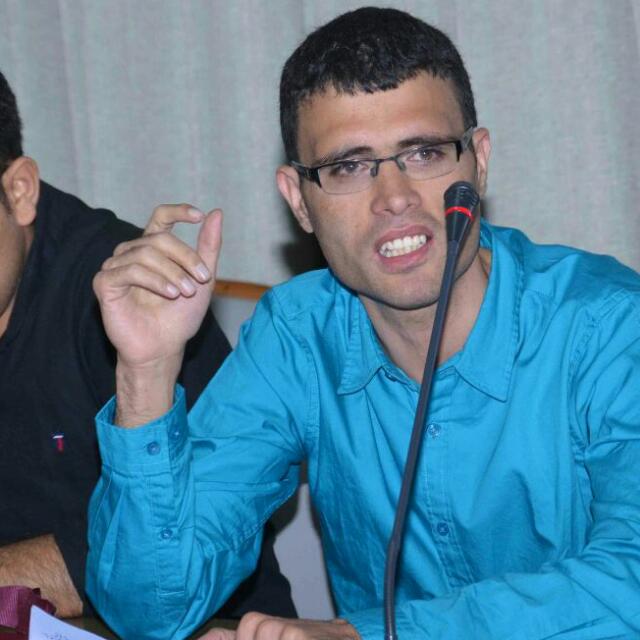









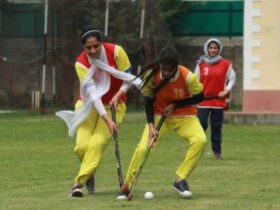
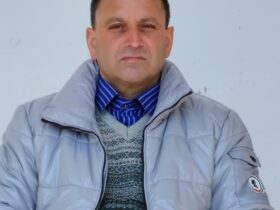
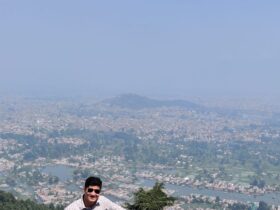
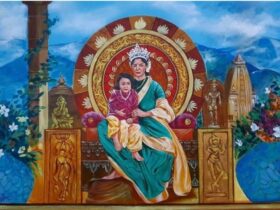

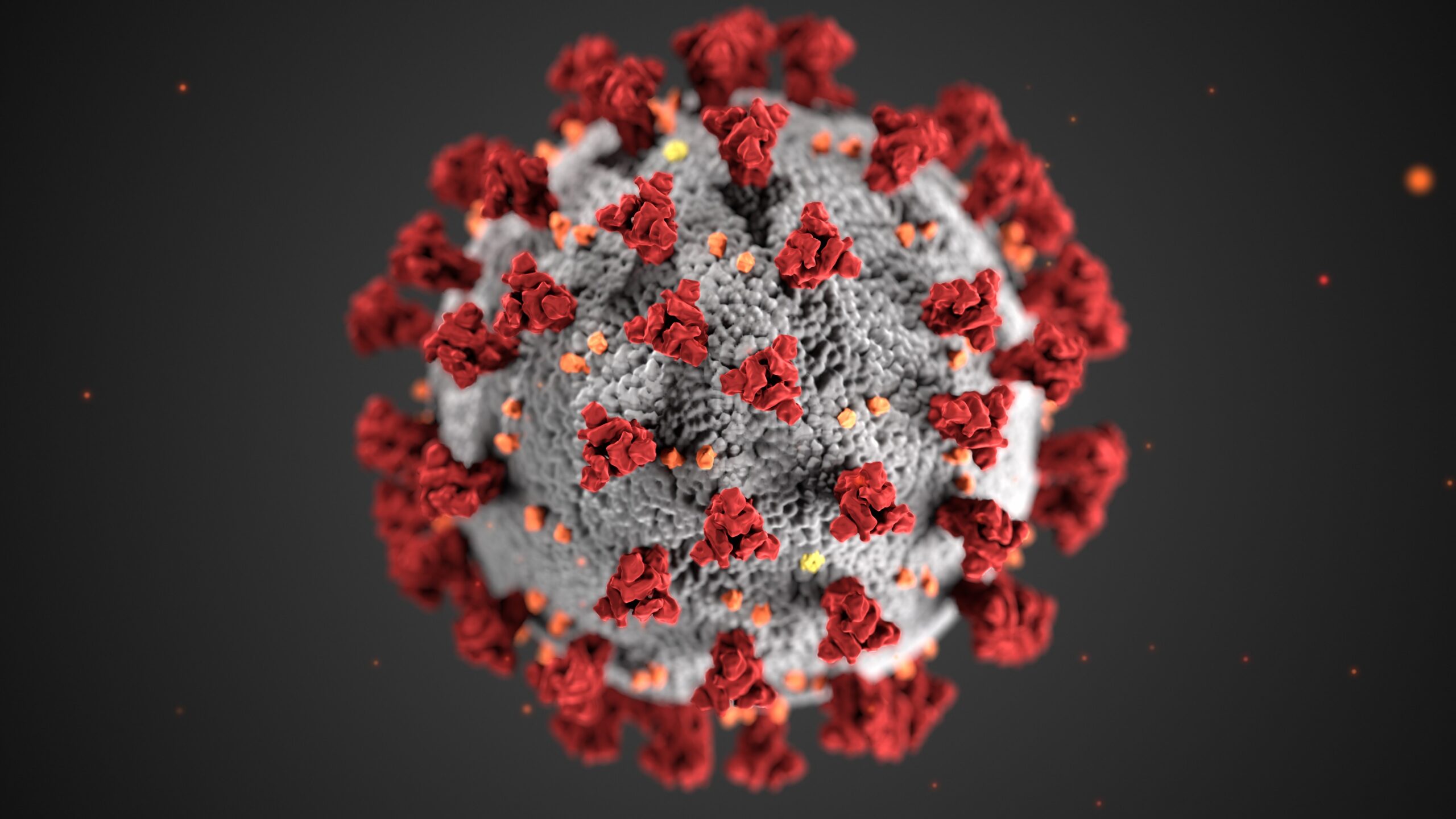
Leave a Reply